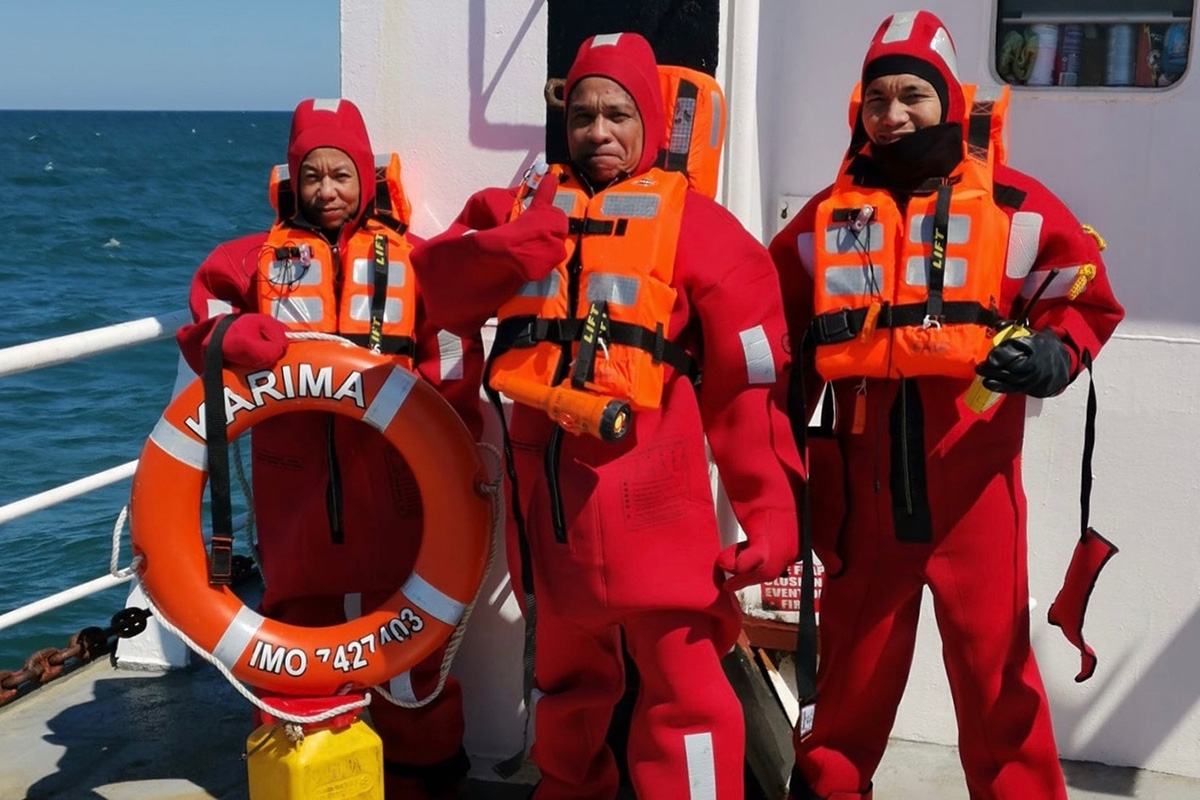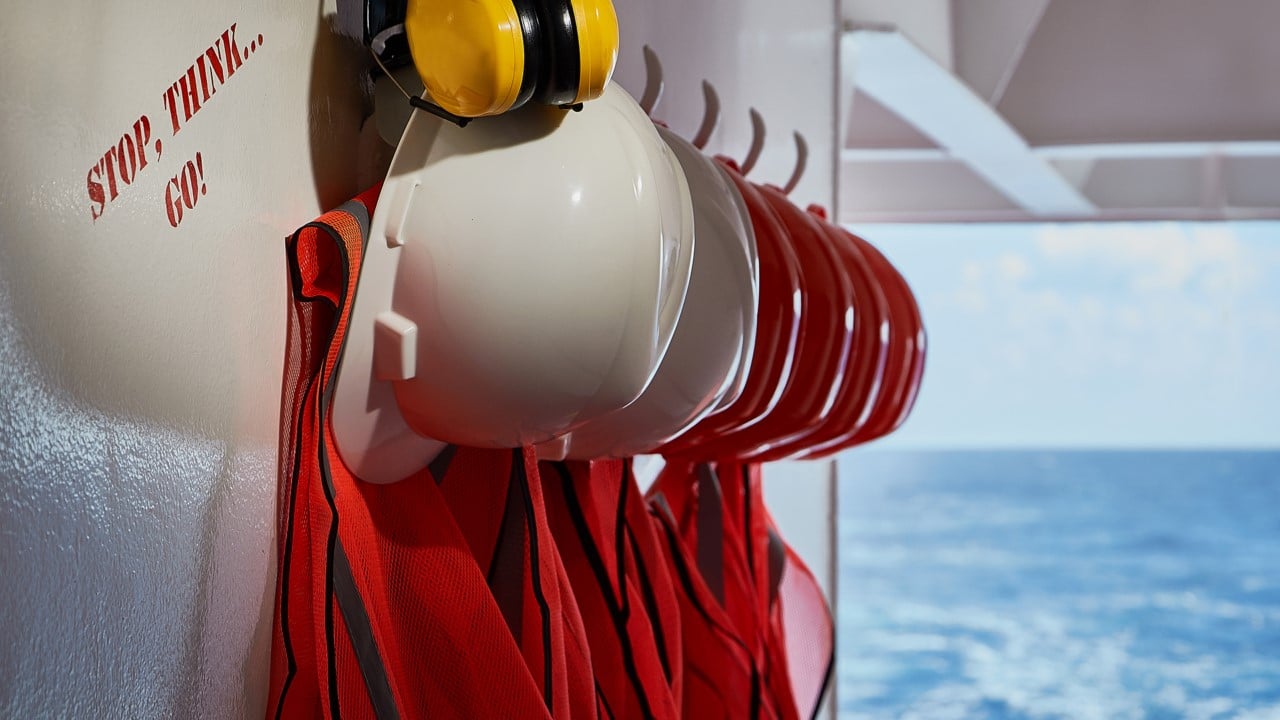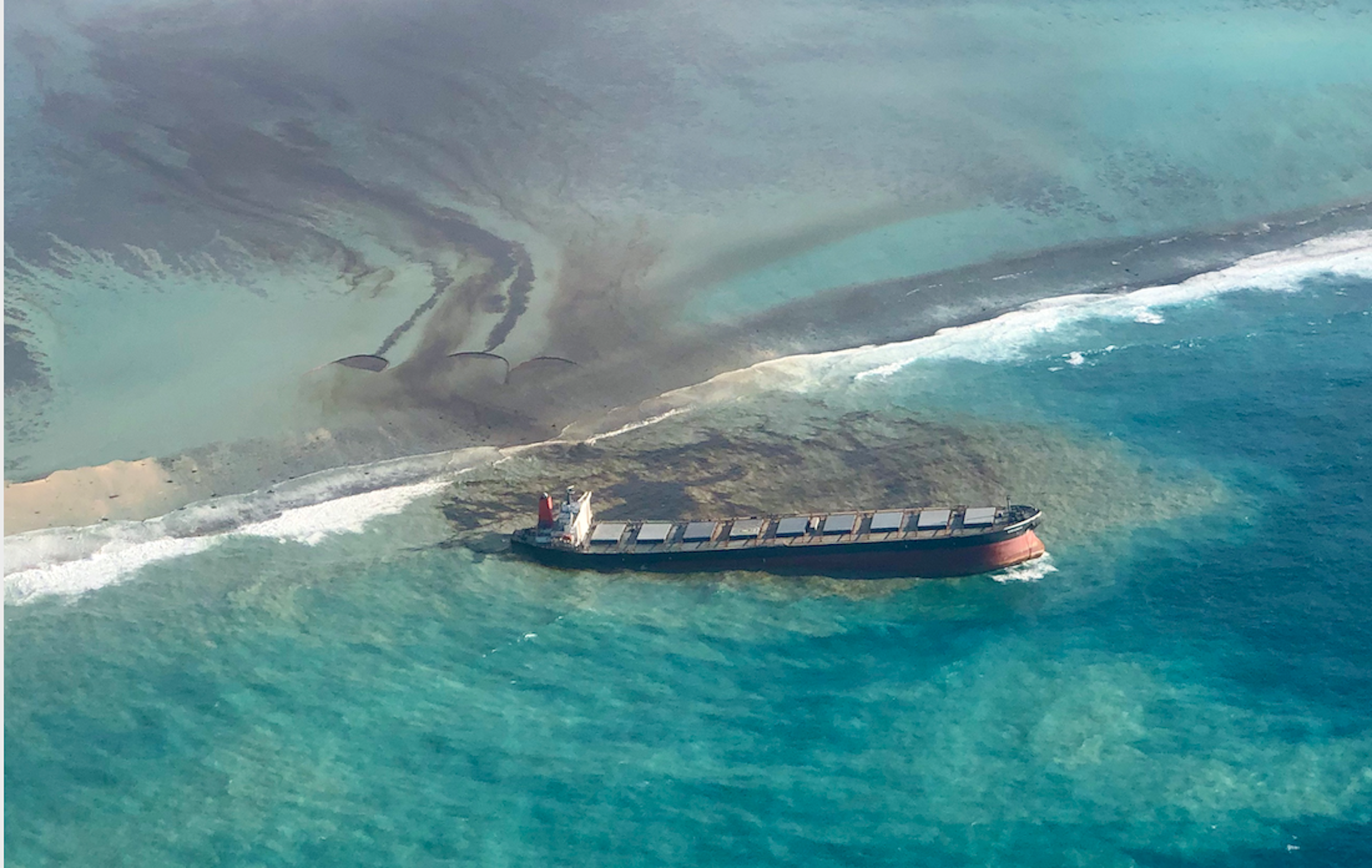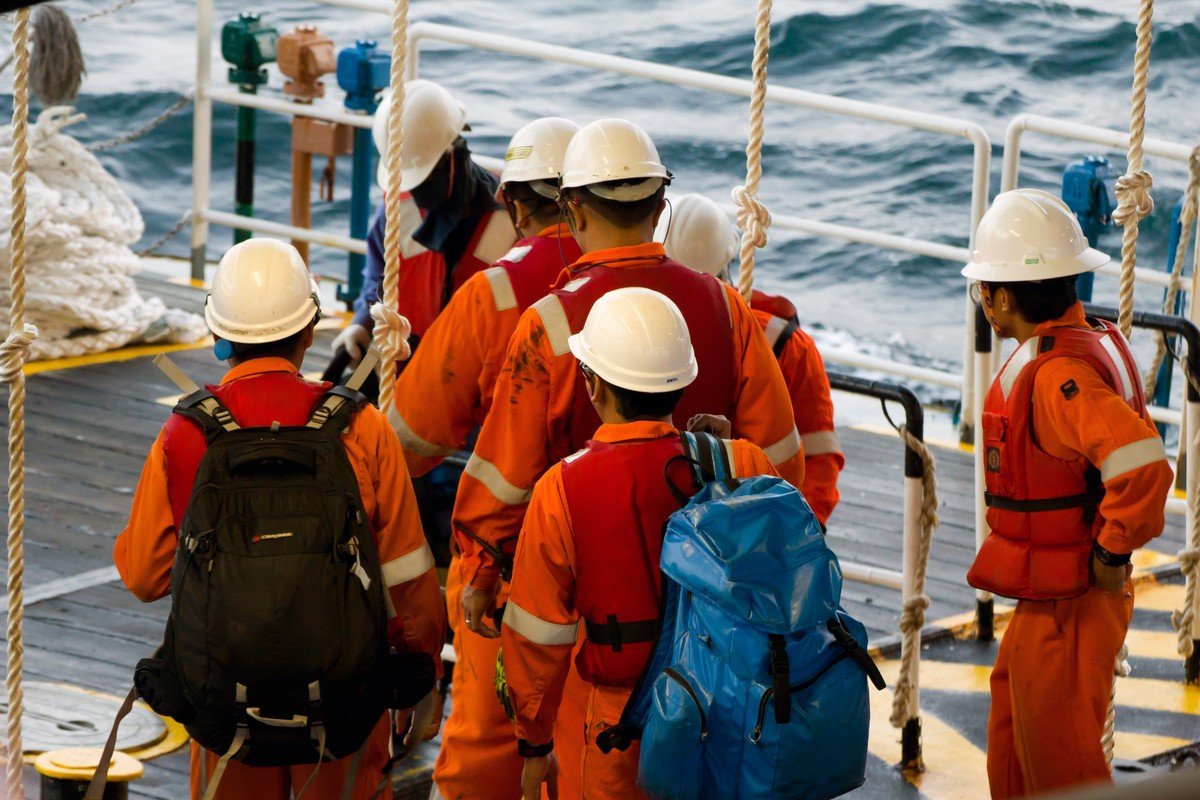The International Maritime Organization (IMO) is a guiding light for regulation and standards in the field of maritime governance. The cornerstone of maritime law, the IMO treaties were developed out of this exigency and have shaped the fundamental nature of international commerce.
Its main goal when it was established in 1948 as the Inter-Governmental Maritime Consultative Organization (IMCO) was to stop another tragedy similar to the Titanic. The 1912 disaster of this ‘unsinkable’ ship exposed the shortcomings in maritime rules and served as a sobering reminder of the dangers that may be found in the wide ocean.
The IMO is composed of four main conventions: International Convention for the Safety of Life at Sea (SOLAS), International Convention on Standards of Training, Certification and Watchkeeping for Seafarers (STCW), International Convention for the Prevention of Pollution from Ships (MARPOL) and Maritime Labour Convention (MLC).
SOLAS
One of the most important IMO conventions for guaranteeing the safety of seafarers and vessels is the SOLAS Convention, officially known as the International Convention for the Safety of Life at Sea. Following the catastrophic RMS Titanic disaster in 1912, which lost over 1,500 lives, it was initially used in 1914. The global world moved quickly to avert repeat catastrophes after the Titanic accident exposed stark shortcomings in marine safety laws.
The primary goal of the first SOLAS Convention was to guarantee that ships would have lifeboats and liferafts available. The convention underwent many amendments over time to fully meet the problems posed by emerging dangers and the advancement of marine technology. The most recent version, SOLAS 1974, came into effect in 1980 and has undergone many revisions since then to address new safety issues and stay up with technology developments.
Numerous safety precautions are covered by SOLAS 1974, including emergency readiness, fire safety, navigational aids, safety management systems, and ship building regulations. In an effort to reduce the likelihood of mishaps, fires, and other crises at sea, it lays forth specific guidelines for the planning, building, and maintenance of ships.
The SOLAS Convention is a proactive attempt to foresee and reduce future dangers in addition to being a reaction to previous maritime tragedies.
Specifically, the Global Maritime Distress Safety System (GMDSS) replaced the Morse code with the adjustments made in 1988 based on changes made to the International Radio Regulations in 1987. These changes went into effect on February 1st, 1992.
SOLAS was modified in 2015 by the Container Weight Verification Regulation VI/2. This rule, which is enforced by the IMO Maritime Safety Committee (MSC), mandates that before any loaded containers are put into an ocean vessel, their total (gross) weight must be determined.
STCW
The International Convention on Standards of Training, Certification, and Watchkeeping for Seafarers (STCW) aims to guarantee that seafarers have the knowledge, abilities, and competence required to operate ships safely and safeguard the maritime environment. The International Maritime Organization (IMO) initially established it in 1978 in response to rising concerns over the caliber of certification and training in the maritime sector.
Deficits in seafarer certification and training requirements, which constituted serious threats to marine safety and environmental preservation, led to the signing of the STCW Convention. Before its implementation, many nations’ training curricula and certification standards were inconsistent, which resulted in differences in seafarers’ proficiency levels and jeopardized the security and effectiveness of marine operations.
In 1995, a significant change was made to the STCW Convention to bring its provisions up to speed with the latest technology developments and the evolving operational realities of the maritime industry. The “STCW 95” revisions brought about a number of noteworthy improvements to training requirements, including the necessity for security training and competency with contemporary navigation and communication technology.
The STCW Convention’s rules have been further improved by later modifications to guarantee that seafarer training is current and adaptable to changing industry demands. The most recent changes were made in 2010, and they include new specifications for medical fitness criteria, fatigue management, and instruction on how to utilize electronic chart display and information systems (ECDIS).
MARPOL
In response to rising concerns about the detrimental environmental effects of marine operations, notably pollution from oil spills and dangerous chemicals, the International Marine Organization (IMO) originally adopted it in 1973. MARPOL is short for marine pollution however the convention is known as the International Convention for the Prevention of Pollution from Ships,
The primary need for extensive rules controlling the release of pollution from ships into the waters led to the signing of MARPOL. Prior to its ratification, there were few international regulations governing marine pollution, which resulted in dangers to marine life, human health, and coastal communities as well as extensive contamination of marine ecosystems.
Through the creation of strict norms and regulations limiting the release of pollutants into the sea, MARPOL’s main goals are to prevent and mitigate pollution from ships. Strict guidelines for the containment, treatment, and disposal of a wide variety of pollutants, including oil, chemicals, sewage, trash, and air emissions, are outlined in the convention.
In worldwide efforts to save the marine environment and advance environmentally friendly maritime practices, MARPOL is a noteworthy turning point. The long-term sustainability of the maritime industries is supported, marine biodiversity is preserved, and the establishment of comprehensive legislation for pollution prevention and control protects the health and integrity of the world’s seas.
MLC
Adopted by the International Labour Organization (ILO) in 2006, the Maritime Labour Convention (MLC), commonly referred to as the Seafarers’ Bill of Rights, came into effect in 2013. The necessity for comprehensive standards to safeguard the welfare and rights of mariners across the world led to the creation of the MLC.
Prior to the MLC, there were large loopholes in international laws governing the living and working circumstances of seafarers, which allowed for their exploitation, mistreatment, and inadequate treatment on many ships. In order to solve these shortcomings and create a cohesive set of basic requirements for the employment rights, living arrangements, and working circumstances of seafarers, the MLC was created.
Regarding the welfare of seafarers, the MLC addresses a wide range of issues, such as the minimum age requirement for employment at sea, fair terms of employment, including pay, work hours, and leave entitlements, health and safety protections, such as access to medical care and accident prevention measures, and accommodation standards, which guarantee respectable living conditions onboard ships.
Irrespective of the vessel’s flag state, the MLC applies to all seafarers employed on commercial ships. Ships must undergo routine inspections to confirm conformity to MLC standards as part of the certification and inspection system it develops to guarantee compliance with its regulations.











